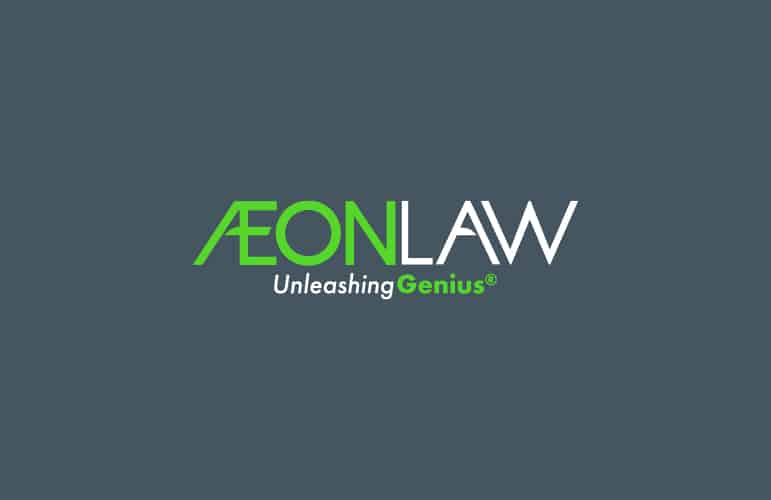The Federal Circuit (the Court) continued to discuss and delineate patentability and abstract subject matter in a very recent ruling in Ultramercial v. Hulu. [i] Here, the Court assessed an invention that directs internet advertising and collects revenue, and found that such an invention could be patentable.
Ultramercial’s method patent describes an invention that provides access to copyrighted products, such as music or videos, over the internet. In exchange, the consumer agrees to watch a commercial or view an advertisement. The process further restricts access to the copyrighted material to the agreeing consumer, excluding others from viewing the material.
The Court pointed out that the expansive categories, process, machine, article of manufacture and composition of matter, do not fill in for the substantive patentability requirements set forth in section 102, 103 and 112, and invoked expressly by 101 of the Patent Act itself. Emphasis was placed on allowing subject areas to be broadly inclusive to encourage innovation, consistent with the purpose of the Patent Act.
The Court also expressed concern that the district court had failed to review the patented claims independently when deciding that Ultramercial’s invention could not be patented. While the Court stated that patent eligibility could be determined without construing the claims, doing so can provide a sense of the invention, and clarify whether it is patentable, or too abstract to be patented.
One additional observation made by the Court include that with the change of innovation from the industrial age to information age, patents and the process by which they are evaluated must change accordingly.
Ultramercial is only one among a series of recent decisions by the Federal Circuit addressing abstract ideas in comparison to patentable inventions. It further stands as a clarifying decision in the wake of Bilski,[ii] a decision that held that many business processes could not be patented. The decisions are especially important in view of the increasingly sophisticated applications and processes that are being produced by scientists, especially in the mobile and computer science industries.
[i] www.cafc.uscourts.gov/images/stories/opinions-orders/10-1544.pdf


